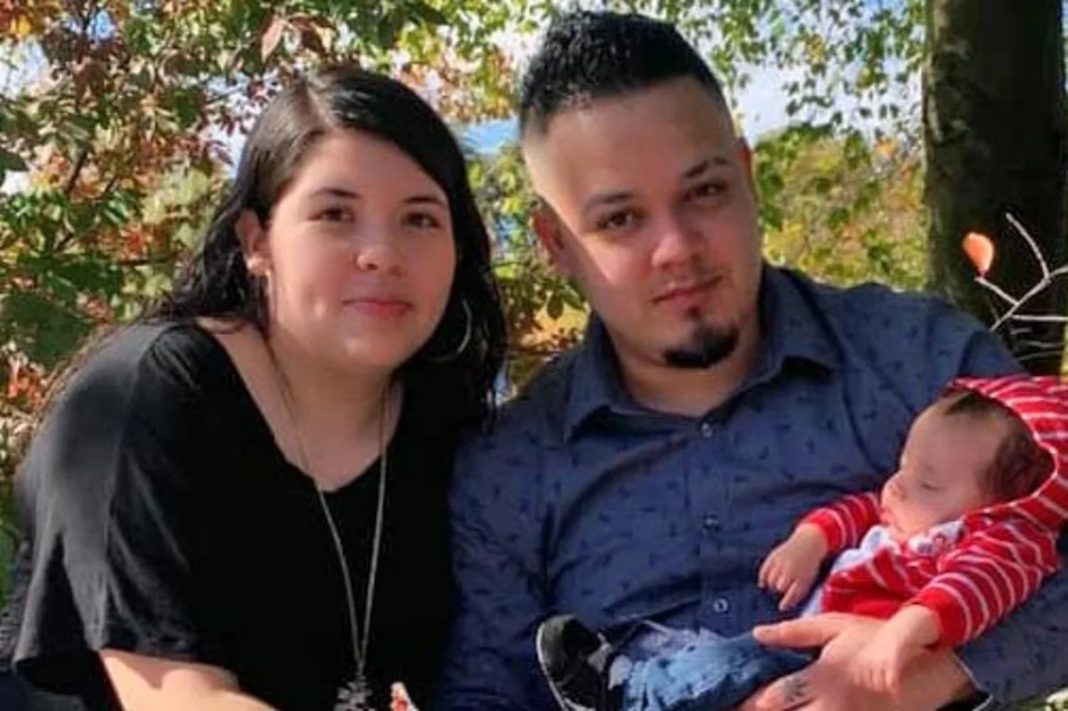Kilmar Abrego Garcia became the face of the Trump administration’s cruelly incompetent immigration agenda, when the government illegally sent him to El Salvador and resisted remedying its unlawful action — until it finally relented and returned him to the U.S., where it had criminal charges waiting for him.
In a new motion, his lawyers say that those criminal charges must be dismissed on the grounds of selective and vindictive prosecution.
Writing that Abrego “was charged because he refused to acquiesce in the government’s violation of his due process rights,” his lawyers argued that his criminal case “results from the government’s concerted effort to punish him for having the audacity to fight back, rather than accept a brutal injustice.”
Noting that he brought a civil lawsuit for his return while he was “being tortured in El Salvador” earlier this year, they alleged that senior government officials responded by seeking “vengeance” and beginning “a public campaign to punish Mr. Abrego for daring to fight back, culminating in the criminal investigation that led to the charges in this case.” The motion argues that the campaign kicked off with Vice President J.D. Vance falsely calling Abrego “a convicted MS-13 gang member with no legal right to be here,” with other executive branch officials joining the effort to publicly criticize him, including by calling him a terrorist.
Abrego pleaded not guilty to the charges of illegally transporting undocumented immigrants. But regardless of whether the government can prove his guilt on those charges beyond a reasonable doubt if the case goes to trial, any reasonable observer can see the vengeful political motivation behind him facing those charges in the first place.
Yet, can that reality lead to dismissal of criminal charges?
As I noted when Rep. LaMonica McIver, D-N.J., recently filed her own such motion to dismiss charges that she assaulted federal officers at an immigration facility, selective and vindictive prosecution is a high legal bar to clear. Abrego’s lawyers acknowledge this, writing that these motions “are infrequently made and rarely succeed.” But they insist that “if there has ever been a case for dismissal on those grounds, this is that case.”
They recalled that the criminal case centers on a 2022 car stop from which Abrego was released without charge. The only thing that changed in the intervening years, they wrote, “was that the government unlawfully renditioned Mr. Abrego to El Salvador, and he challenged that illegal conduct. As a matter of timing, it is clear that it was that lawsuit — and its effects on the government — that prompted the government to reevaluate the 2022 traffic stop and bring this case.”
The government will have a chance to respond before the judge overseeing the case in Tennessee weighs in. Before deciding on such motions, judges can order discovery and an evidentiary hearing to assist in their decision. Presumably, the administration doesn’t want a formal public airing focused on its motivations, so expect the Justice Department to argue in its forthcoming response that Abrego’s motion should be denied without a hearing or discovery.
The motion comes ahead of Abrego’s potential release from criminal custody on Friday, though the government has signaled its intent to put him back into immigration proceedings, which would move forward in Maryland (where he had been living), separately from the Tennessee criminal case.
As for the criminal case, it would be a fitting end for a court to dismiss it based on recognizing the vengeance that’s plain for all to see. And though, as Abrego’s lawyers noted, such motions are rare, there have been at least two recently, the other coming from McIver, whose charges also came in response to scrutiny of the administration’s immigration actions. While we don’t yet know whether these latest motions will succeed, if this vengeful administration continues along a similar trajectory in President Donald Trump’s second term, such motions may no longer be rare.
Subscribe to the Deadline: Legal Newsletter for expert analysis on the top legal stories of the week, including updates from the Supreme Court and developments in the Trump administration’s legal cases.
This article was originally published on MSNBC.com

